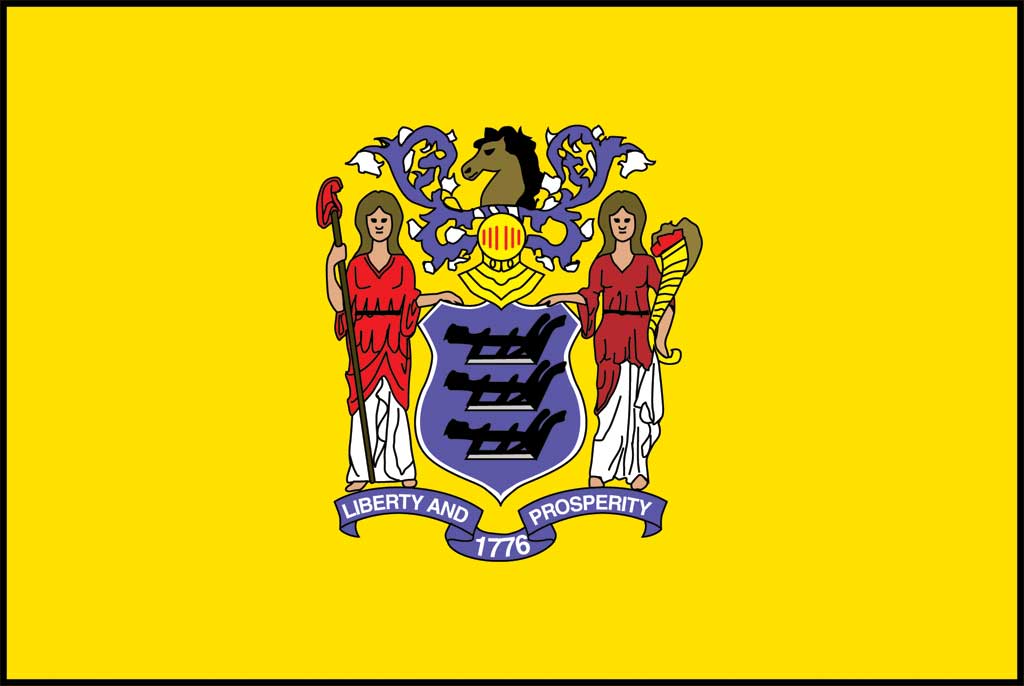Gov. Phil Murphy has signed a bill which seeks to better protect farmlands against the threat of vandalism and trespassing into law. Murphy took the action on Oct. 4.
One of the bill’s sponsors was Assemblyman Eric Houghtaling (D-Monmouth), who said, “This helps protect agricultural businesses in the state from encroachment that can damage crops and put a damper on their business. Farming is an expensive venture. Damage caused by trespassing, whether intentional or not, should be rectified.”
The law (A-1053) revises, expands and clarifies the restitution and penalty provisions established for trespassers and vandals on agricultural or horticultural lands, according to a press release.
Previous law provided that it is a criminal offense to:
• knowingly or recklessly operate a motorized vehicle or ride horseback upon the lands of another person without obtaining and possessing the written permission of the owner, occupant, or lessee thereof; or
• knowingly or recklessly damage or injure any tangible property, including, but not limited to, any fence, building, feedstocks, crops, live trees, or any domestic animals, located on the lands of another person.
The degree of the offenses described above ranges under current law from a disorderly persons offense to a fourth degree or third degree crime, depending upon the pecuniary loss involved, according to the press release. A person convicted of one of these offenses is required to make restitution and pay certain minimum mandatory fines in addition to any other penalties that may be assessed for the particular degree of the offense.
Previous law also provided that a trespasser on agricultural or horticultural lands is subject to a civil fine of at least $100.
The new law provides that a person who is convicted of one of the criminal offenses listed above is liable to the owner, occupant, lessee or licensee of the lands or of the tangible property for, in addition to any other fine, penalty, or restitution which may be imposed by law, any reasonable and necessary expenses, including reasonable attorney fees, incurred by the owner, occupant, lessee, or licensee to ensure the lands or the tangible property are restored to their condition prior to commission of the offense. The court hearing the case would be required to order the defendant to pay them as appropriate, according to the press release.
And, the new law establishes a civil penalty of at least $1,000 for persons who knowingly or recklessly operate a motorized vehicle or ride horseback upon the lands of another person without obtaining and possessing the written permission of the owner, occupant, lessee, or licensee thereof; or knowingly or recklessly damage or injure any tangible property, including, but not limited to, any fence, building, feedstocks, crops, live trees, or any domestic animals, located on the lands of another person.
For these civil offenses, too, the court hearing the case would be required to make a finding of the amount of expenses incurred and damages sustained and order the defendant to pay them as appropriate, according to the press release.

